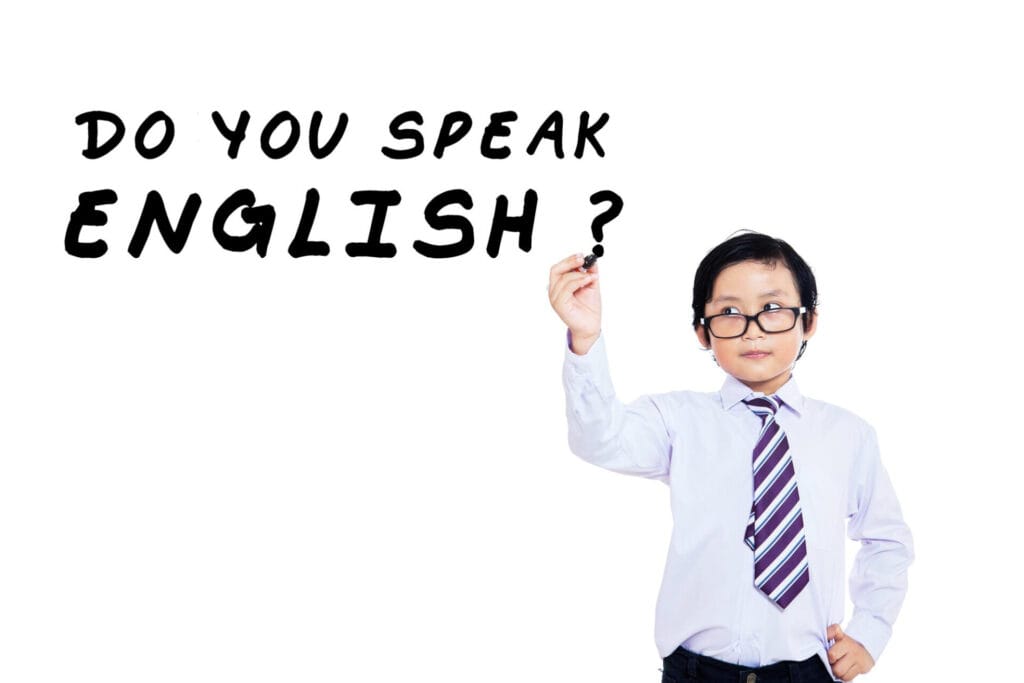IELTS Economy and Trade – Understanding Global Markets and Consumerism
In today’s world of globalisation, the IELTS exam often reflects the economic issues that affect our lives. One of the most important themes is IELTS Economy and Trade. This topic covers global markets, consumerism, and the balance between local and international goods. Students preparing for IELTS Economy and Trade in 2025 will be better equipped to handle Writing, Reading, and Speaking tasks that deal with real economic debates.
Why IELTS Economy and Trade Matters
The IELTS exam is designed to test more than your language ability. It measures how you respond to real-world topics. IELTS Economy and Trade is central because it connects with issues such as free trade, globalisation, and consumer behaviour. In Writing Task 2, you might be asked whether free markets benefit developing countries. In Speaking Part 3, you may need to give opinions about advertising and consumerism. By focusing on IELTS Economy and Trade, you will be ready with strong arguments and examples.
Vocabulary for IELTS Economy and Trade
Success in IELTS Economy and Trade depends on mastering academic vocabulary. Useful words include:
-
Globalisation – the worldwide integration of economies
-
Consumerism – the cultural focus on buying and spending
-
Trade deficit and surplus – the balance between imports and exports
-
Sustainable goods – environmentally friendly products
-
Free trade agreements – treaties designed to lower tariffs
To improve your word bank, the British Council provides excellent study materials. Two useful resources are:
Both links give examples of academic language you can use directly in IELTS Economy and Trade essays and speaking tasks.
Local vs Global Goods
A frequent IELTS Economy and Trade theme is whether people should buy local products or choose international brands. This is a popular Writing Task 2 topic.
Local goods help communities, reduce transport costs, and support small businesses. However, they may cost more and offer limited choice. Global goods give cheaper prices and more variety but can damage local industries. IELTS Economy and Trade often requires you to discuss both perspectives and state your own opinion.
Global Markets and Consumerism
Another key part of IELTS Economy and Trade is the study of global markets and consumer behaviour. From trade wars to the rise of e-commerce platforms, consumerism is a driving force in today’s economy. IELTS Writing Task 1 often includes charts on trade flows or household spending. These are clear examples of IELTS Economy and Trade in practice.
To perform well, you must:
-
Describe trends accurately with words like increase, decrease, and fluctuate.
-
Compare data across different years or countries.
-
Summarise the most important points rather than listing every figure.
By applying these methods, you can confidently write about IELTS Economy and Trade charts.
IELTS Preparation Tips
Here are seven ways to prepare for IELTS Economy and Trade:
-
Read global business news to collect examples for essays.
-
Keep a vocabulary journal focusing on IELTS Economy and Trade collocations.
-
Practise Writing Task 1 using trade and economy charts.
-
Debate globalisation in Speaking practice to build strong arguments.
-
Use real examples from your country to make IELTS Economy and Trade answers personal.
-
Link trade to sustainability and climate change for wider discussion.
-
Take timed practice tests to apply IELTS Economy and Trade knowledge under exam pressure.
Thai Candidates’ Experience with IELTS Economy and Trade in 2025
In 2025, Thai students preparing for IELTS have noticed that economy and trade topics appear more often than before. These themes are not always labelled directly as economics, but questions often involve consumerism, shopping habits, imports, exports, and the influence of globalisation. Because Thailand plays a strong role in tourism, agriculture, and export industries, these issues feel natural to bring into IELTS questions, yet they still challenge many candidates.
Writing Task 2 Experiences
A common pattern reported by Thai learners is that Writing Task 2 prompts often focus on debates such as whether people should prioritise local goods or embrace global brands. Students in Hua Hin, Bangkok, and Chiang Mai have faced essay questions asking them to discuss both sides of this issue and state their opinion. Others have encountered tasks about whether consumerism is positive or negative for society. These questions fall directly under the wider umbrella of IELTS Economy and Trade and require clear examples, structured arguments, and balanced analysis.
Speaking Test Questions
In Speaking Part 1 and Part 3, Thai students have also reported questions linked to shopping behaviour. Examples include: “Do you usually buy local or imported goods?” and “How have people’s shopping habits changed in your country in the last decade?” Some were asked whether imported products show social status and whether this influences consumer decisions in Thailand. Others had to discuss what goods their country exports, how important trade is for the economy, and how globalisation has affected local businesses. These prompts show that IELTS Economy and Trade has been integrated into personal and national contexts, making preparation essential.
Task 1 Data Descriptions
For Writing Task 1, some Thai candidates have faced charts showing household spending categories. Although these do not mention the word “trade,” the link is clear. Charts comparing how much people spend on local food versus imported electronics are essentially IELTS Economy and Trade questions. Students must describe trends, make comparisons, and summarise the main features of the data. This requires specific vocabulary such as increase, decrease, stabilise, peak, and fluctuate, combined with accurate grammar.
Challenges Faced by Thai Learners
Despite being familiar with many of these issues in daily life, Thai candidates still face difficulties when writing about IELTS Economy and Trade. Essays often lack cohesion and coherence, with paragraphs not linking smoothly together. Some students struggle to fully develop both sides of an argument, preferring to state one opinion strongly without offering a counterpoint. In addition, grammatical accuracy and word formation remain challenges. For example, misuse of articles and prepositions is common when describing trade data or economic effects.
Strengths of Thai Candidates
However, Thai students also have unique strengths in tackling IELTS Economy and Trade. Many can draw on personal experience, such as shopping in markets where both Thai and imported goods are sold, or observing how tourism affects the sale of local crafts. These real examples make essays and speaking answers more authentic and engaging. The challenge is to combine these examples with clear structure and precise academic vocabulary.
Preparation Recommendations
Teachers preparing students in Thailand recommend targeted practice on this topic. Essay prompts about consumerism, global brands, and local economies should be included in mock tests. Speaking practice should cover daily shopping habits as well as larger issues such as exports, trade agreements, and the impact of globalisation on small businesses. By focusing on these patterns, Thai candidates in 2025 can become more confident in answering IELTS Economy and Trade questions.
Conclusion
The key lesson from Thai experience is that preparation should not only focus on grammar and vocabulary, but also on coherence and balance of argument. Students who practise structuring their essays carefully, linking ideas smoothly, and using accurate vocabulary for trade and economics are far more likely to succeed. With clear examples from their own lives and their country, Thai candidates can use IELTS Economy and Trade to demonstrate both language ability and cultural awareness.
Bringing It All Together
IELTS Economy and Trade is a theme that combines global issues with practical skills. Preparing for this area will help you across Writing, Reading, Listening, and Speaking. By building vocabulary, practising with charts, and debating consumerism, you will be ready for real exam questions.
At our centre in Hua Hin, we specialise in IELTS Economy and Trade preparation. Our courses provide structured practice, expert support, and authentic materials. You will develop the skills to write essays on globalisation, analyse charts about consumer spending, and debate international trade.
If you are ready to prepare for IELTS Economy and Trade in 2025, click here to apply and start your IELTS journey today.







